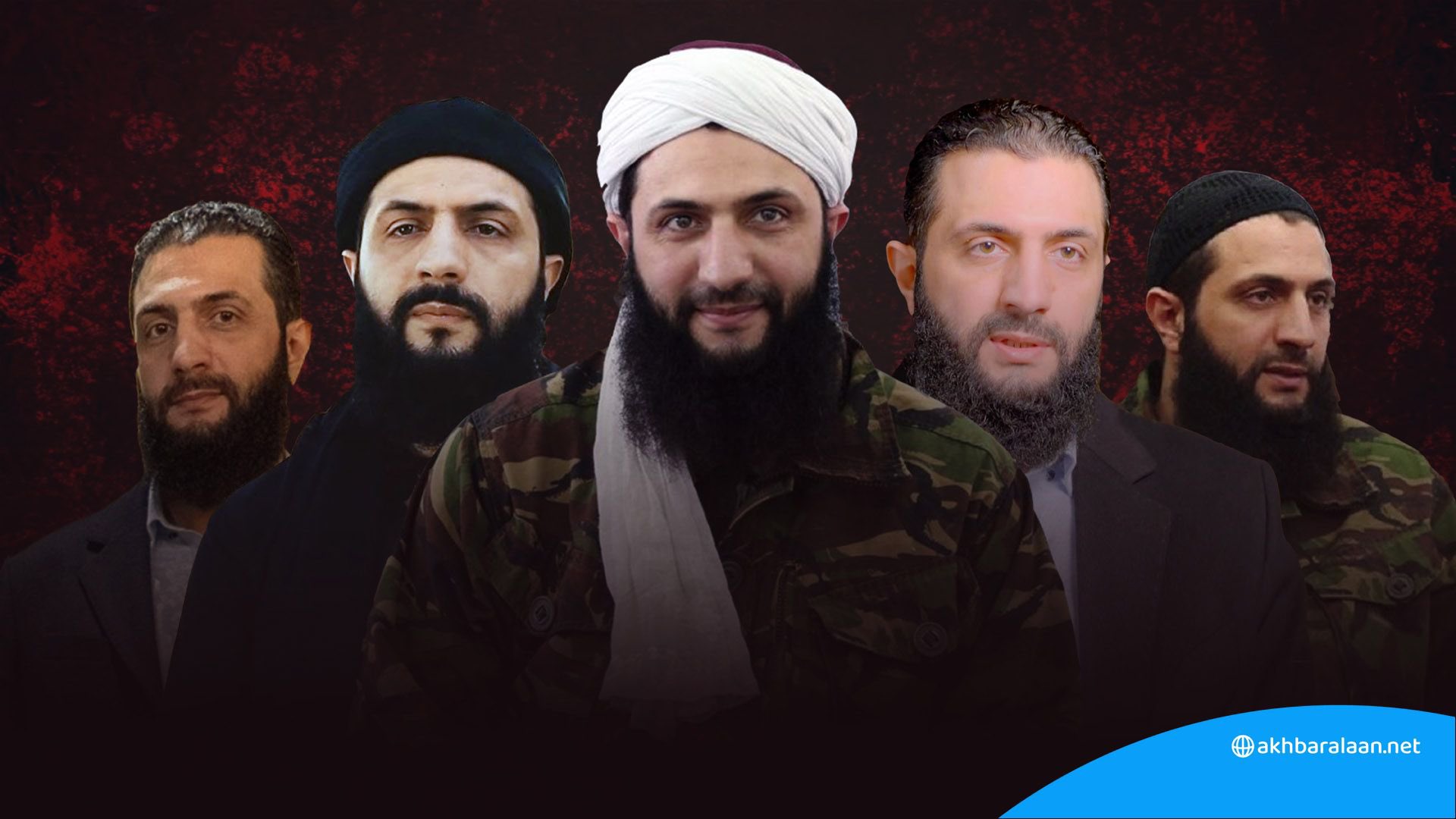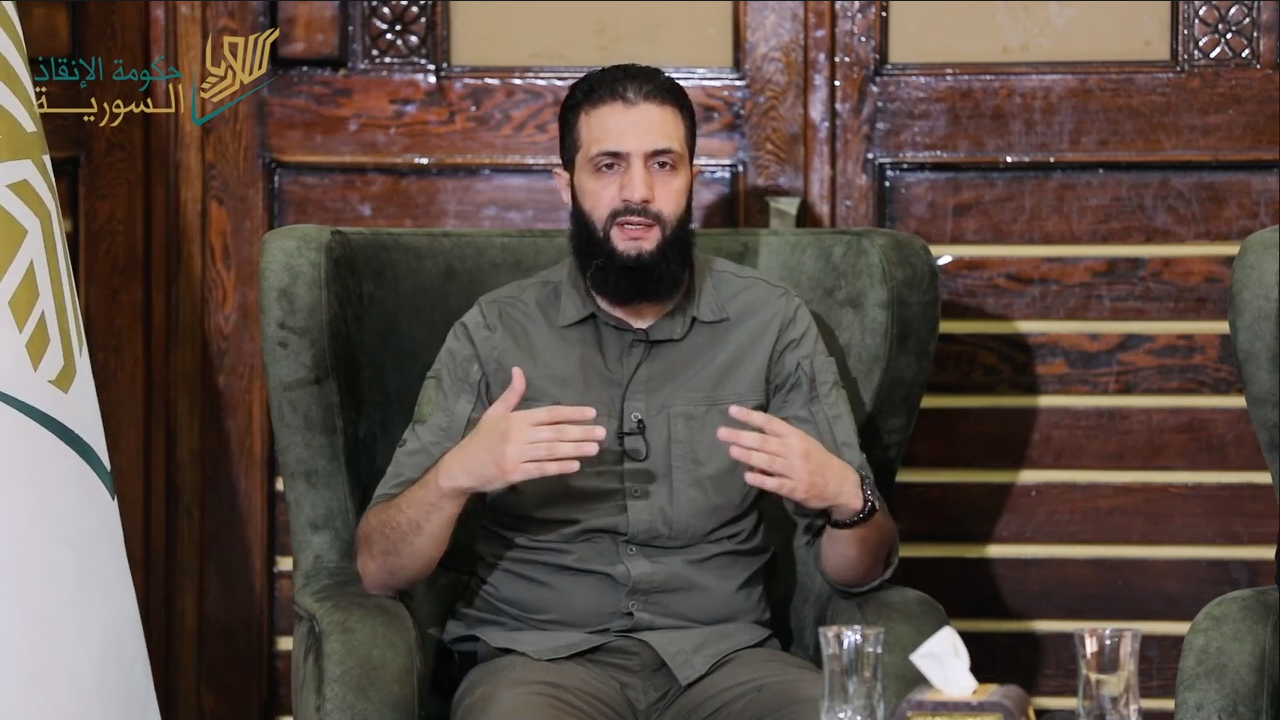
From Jihadi to Islamist: Ahmad al-Sharaa and His Critics
On December 8, 2024, Syrian rebels led by Hay’at Tahrir al-Sham (HTS) seized power in Damascus following a ten-day offensive, bringing a swift and unexpected end to the Asad regime’s decades’ long rule. The question now is what comes next. In the past, HTS’s leader, Abu Muhammad al-Jawlani, had praised al-Qaida, of which his group once formed a part, and repeatedly stated that his highest aim was to implement the sharia. “Whether we are with al-Qaida or not,” he declared in an interview in 2015, “we will never retreat from our principles and our constants. We will continue to strive to implement the sharia.” Two years earlier, in his very first interview, he outlined his vision for how Syria would be ruled post-Asad: When we come to the stage of liberating al-Sham, when Damascus falls, for instance … at that time sharia committees will assemble; the people who loosen and





